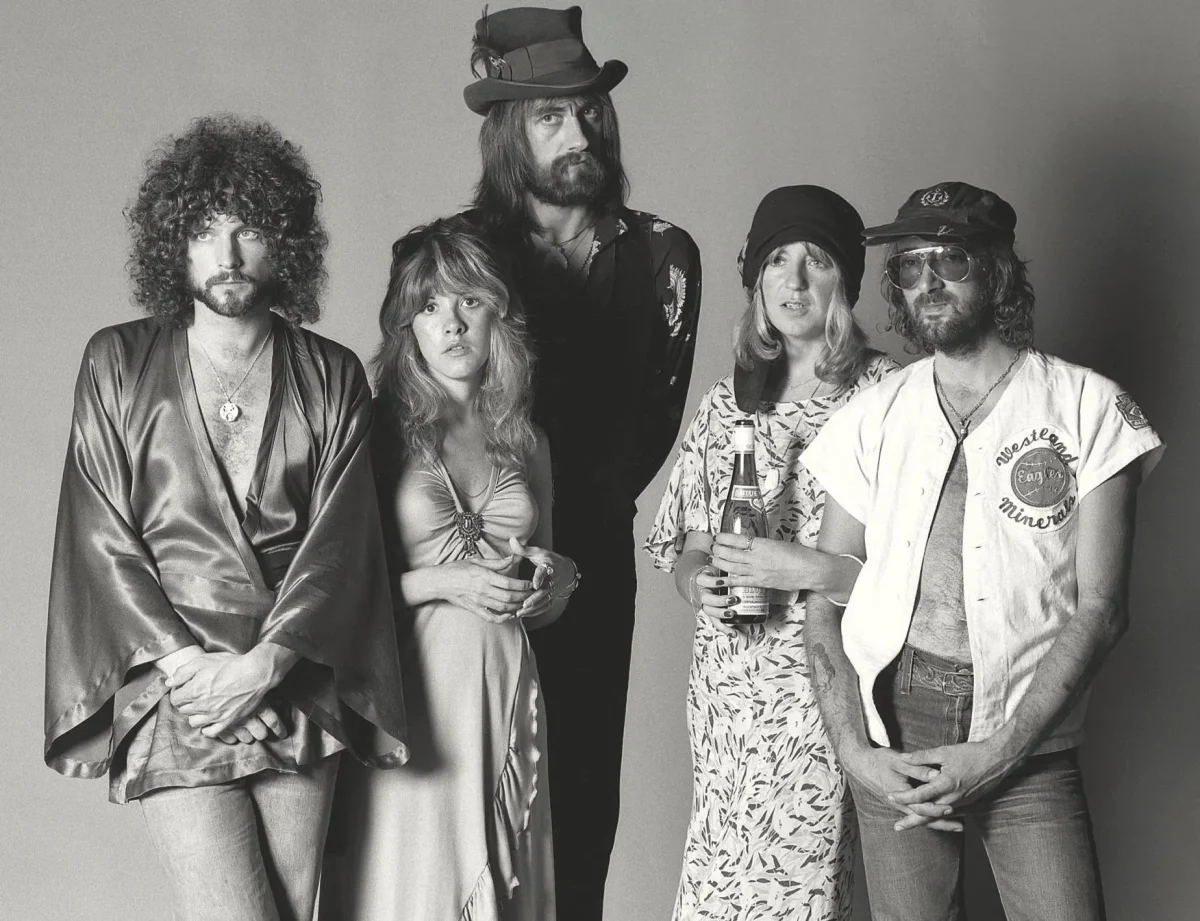Do you like compelling characters in a dystopian setting? Do you like stories that intrigue the reader with elaborate and intense twists and turns? Do you like books that have a deeper meaning, dark commentary on where our world is heading contrasted with a hopeful ending that makes you feel like even you can change the world? If you do, then go read Snow Crash and avoid Ready Player One like the plague.
Ready Player One (or RPO) is a book written by Ernest Cline in 2011. Based solely on the reviews, this book looks pretty good: a 4.6/5 stars on Amazon and 4.2/5 stars on Goodreads. However, it is extremely possible that all of the positive reviews and responses were made by 30-40 year old dads, each one so blinded by 80’s nostalgia that they couldn’t see the book’s glaring flaws, just like the writer. This review will not be judging the world building of RPO, which, to give the book credit, is really good. This review will be criticizing the plot of RPO, and how Ernest Cline failed at making it work.
The premise of the book is simple: it’s a scavenger hunt through multiple virtual reality worlds: each one composed mostly of 80’s pop culture references. The winner of the hunt will receive an incredible fortune and take over as CEO of the company that owns the VR world. This could be a fun premise if the book’s main character, Wade, hadn’t simply stumbled into the plot and become a wanted man by the big scary future bad guys. This books corporate corporation incorporated, IOI, right off the bat. To touch on IOI, they are the same faceless all-seeing all-knowing corporation in every dystopian sci-fi novel, except significantly more irrelevant and boring, as they aren’t even a threat for half the book. The audience is simply told every 22 pages remember IOI exists and supposedly Ernest thought that would be good enough. IOI, to Wade, is just an obstacle for him to climb over using a collection of 80’s references. Wade’s watched every book, memorized every movie, and collected every toy he needs to save the day. Meanwhile the genuine mega conglomerate, with an army of thousands of trained employees, a whole department for 80s trivia, who have mercenaries running the streets, who more or less control the government, play catch-up to a 17 year old and his D&D club. These villains aren’t intimidating or imposing, they’re incompetent. The world Wade lives in is supposedly near collapse. Jobs are scarce, crime is rampant, climate change is destroying everything; the government is inefficient and ripe with corruption, and most currencies are inflated to insane degrees. On top of all that, people are being held captive by corporations and forced to work helplines to escape inescapable debt. Let these things really sink in. Although for most stories, these facts would be a significant source of conflict; however, none of them affect Wade for more than aa chapter at most.
The last major issue is with how the climax was handled. Without spoiling anything, there were many cliches and a deus-ex machina so jarring that you’re ripped out of the little immersion the book was able to manage. The final confrontation against the “villains” was this book at the peak of its boring, nerdy nonsense. It’s the most generic ‘lots of good guys fight a lot of bad guys then Wade does a cool thing and then a “You Win!” screen shows up’ ending most would have predicted 300 pages ago.
To sum it up, for dystopian lovers, Ready Player One is likely not worth your time; opt instead for known dystopian winners such as War Cross, Snow Crash, and Hunger Games.








